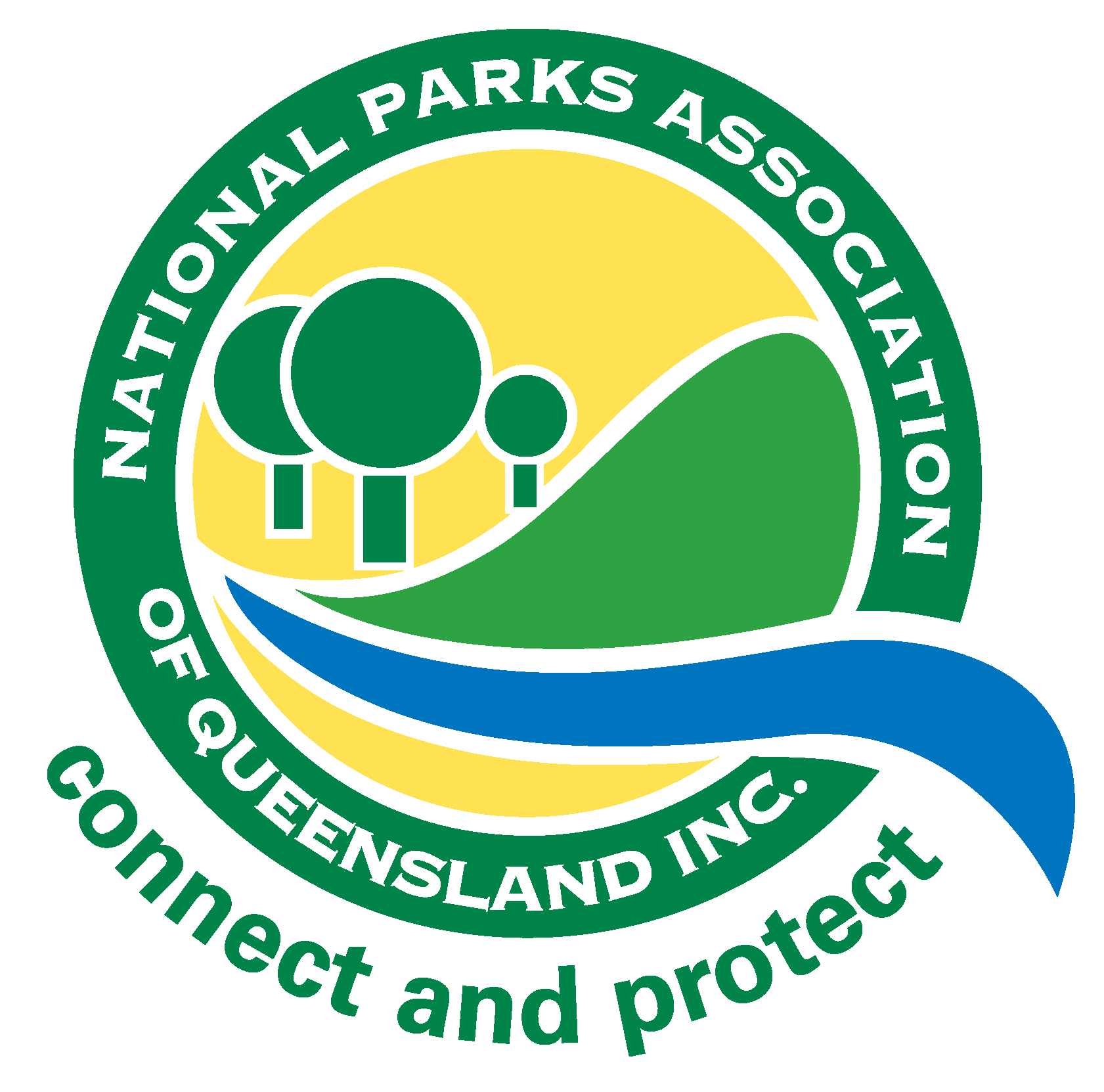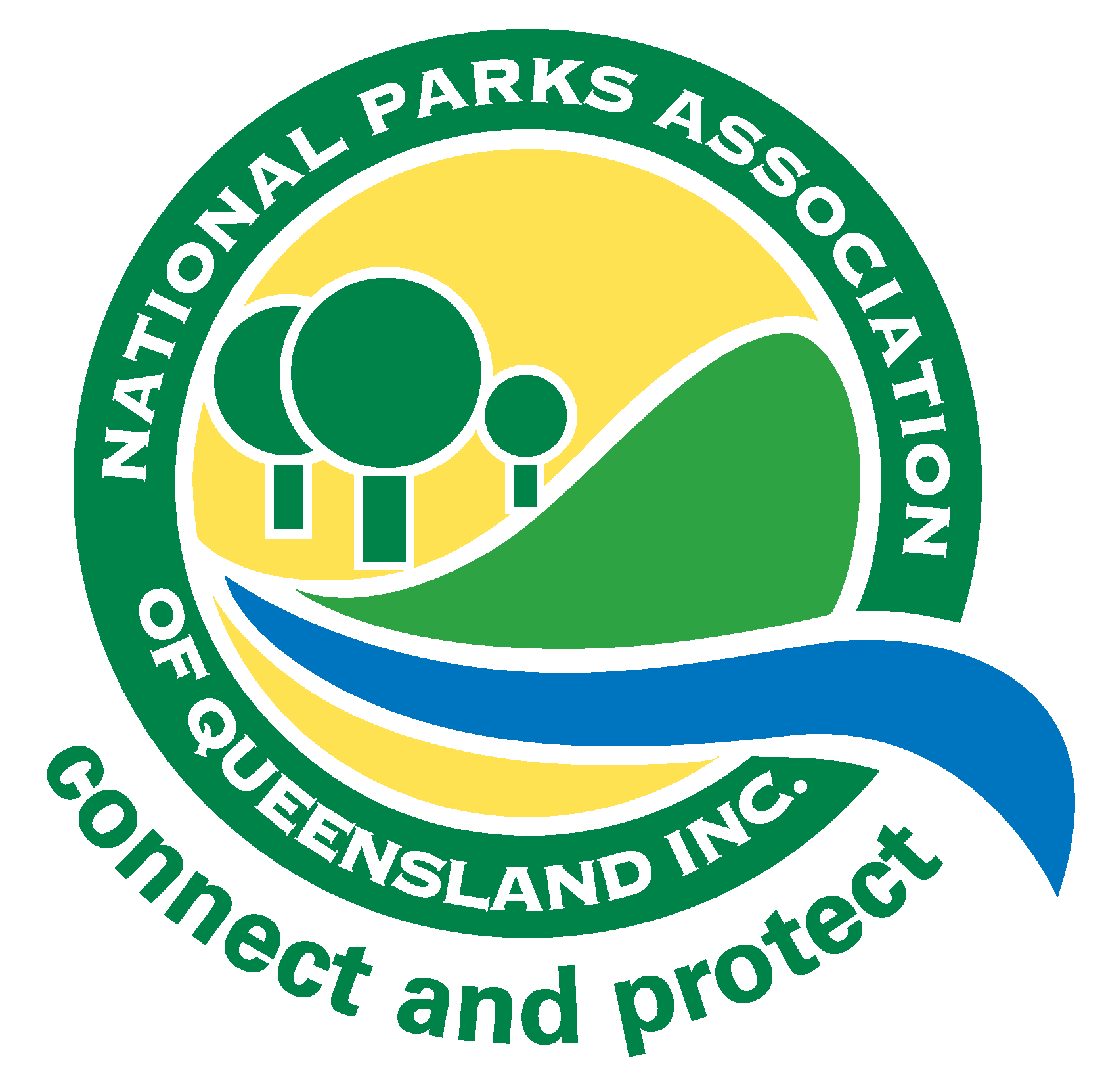National Parks, State Forests
Eungella National Park and Fire
Photo: Queensland Government
Eungella National Park some 80 km west of Mackay occupies nearly 53,000 ha having been declared National Park in two tranches, one in 1941, the other in 1986. Its name is the Aboriginal term for “land of the cloud”. It is a centre of endemism for Australian rainforest species and the Eungella honeyeater is one of its better known inhabitants. Threats to its biodiversity values include habitat fragmentation, feral species and uncontrolled fire.
The park was in the news last November [From rainforest to cinders: National park may take ‘hundreds of years’ to recover from bushfire disaster (ABC News December 4, 2018) and Queensland bushfire crisis escalates at Eungella and Broken River in state’s north (ABC News November 30 2018)].
An unprecedented dry and hot summer had meant that the valley below and the park itself (Land of the Cloud) were very dry and a major fire moved very quickly from the valley into the park.
In May I was fortunate to inspect the park with James Newman (Executive Director – Northern Parks and Forests), Marty McLaughlin (Principal Ranger), and Greg Lennox (Ranger) to gain an understanding of the impact of the fire.
The fire itself travelled very quickly and along the ridgeline that forms part of the boundary of the park. It penetrated to varying degrees into the rainforest.
The consequences were variable with blackened rainforest regenerating successfully in some areas; in other small locations the ground was bare with no regeneration. Rainfall would improve the situation. It was apparent that wind had carried embers, initiating isolated and separate fires. In some locations intervention may be required to support regeneration and in others this will occur naturally.
Headlines are momentary but can successfully establish perceptions.
At a distance some of us were concerned that irreparable damage had been done to the park. The situation does not appear to be that bad, but park management has lessons and actions to consider, as consequences of the fire will remain for years to many decades.
The extreme summer and resultant burning has caused the service to reconsider pre-emptive fire management. It is generally accepted that more heat, less reliable summer rains and more frequent fires are likely to be the norm for land managers.
In responding to the fire, park resources were generally focused on protecting private property on adjoining and down slope lands. This is understood and shows the need to undertake fire mitigation works preemptively to ensure the viability of park biodiversity values.
Fires that are too frequent can simplify vegetation, and this is evident on the slopes of the valley below the park. Recovery management can be required for decades. As clearing of vegetation continues to occur throughout the state managing parks successfully becomes more critical.
Park neighbours can contribute to or hinder park management. Some can encourage compatible planting and minimize fire risk, others can allow weed infestation and increase fire hazard. I understand the service devotes much energy to ensuring positive and co-operative relationships with adjacent landholders and plan fire response.
Thank you to James for the invite providing insight into the practicalities and challenges of park management.
Note: The dry conditions that preceded this fire were very widespread. Walking the Larapinta trail in autumn I found large swathes of the country had been burnt. Dry lightning strikes had lit fires after a month of over 40 degree temperatures in the summer.


